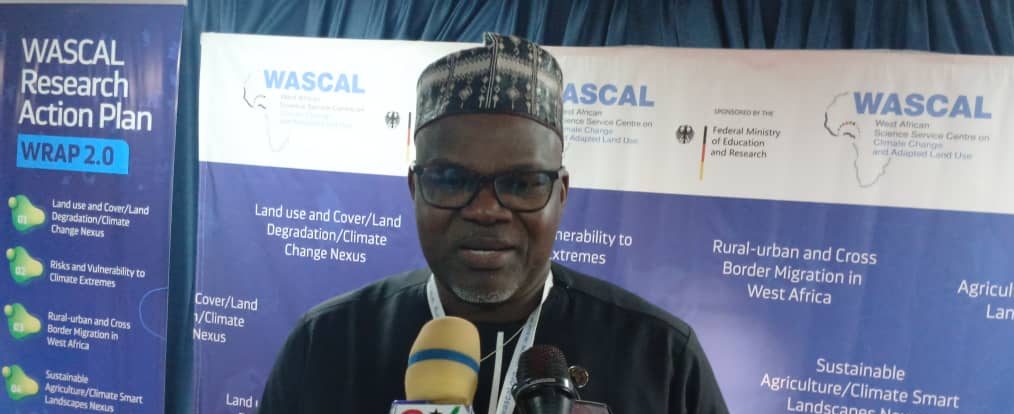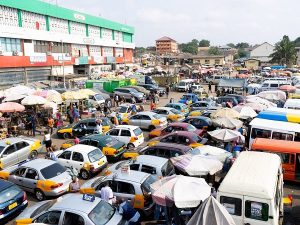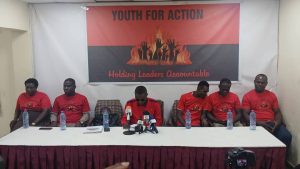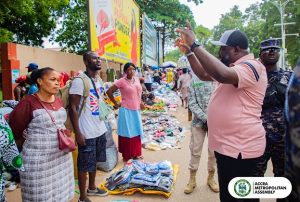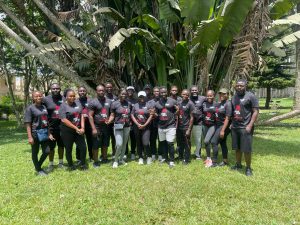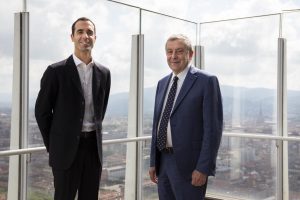The Executive Director for West Africa Science Service Centre on Climate Change and Adapted Land Use (WASCAL) for Ghana Prof. Emmanuel Ramdé has urged the African government to increase investment in climate research. He emphasized that such research investments are very crucial for the continent to effectively adapt to climate change and foster resilient development across Africa.
Prof Ramde also stressed the need for stakeholders such as the Environmental Protection Agency and Meteorological Agency to collaborate to put the findings of the action plan for effective use for the benefit of all.
Prof. Ramde also took world leaders on WASCAL Research Agenda Plan 2.0, or WRAP 2.0 we stand at a crossroads in our journey that has carried us through challenges and milestones alike as we work towards tackling climate change and fostering sustainable development in West Africa.
Let me take you on a journey, much like the story of our forefathers who charted their paths by reading the skies, the shadows and the seasons. Just as they gathered to share their wisdom and make plans for the seasons ahead, we, too, gather here today to reflect on what we have achieved and to map out the road that lies ahead. This gathering symbolises the progress we have made, and just like in the stories of our past, it offers us the chance to look beyond the horizon. We are building something transformational, and that is a Climate and Environmental Services Centre that will serve our region’s needs, protect our future, and shape our legacy.
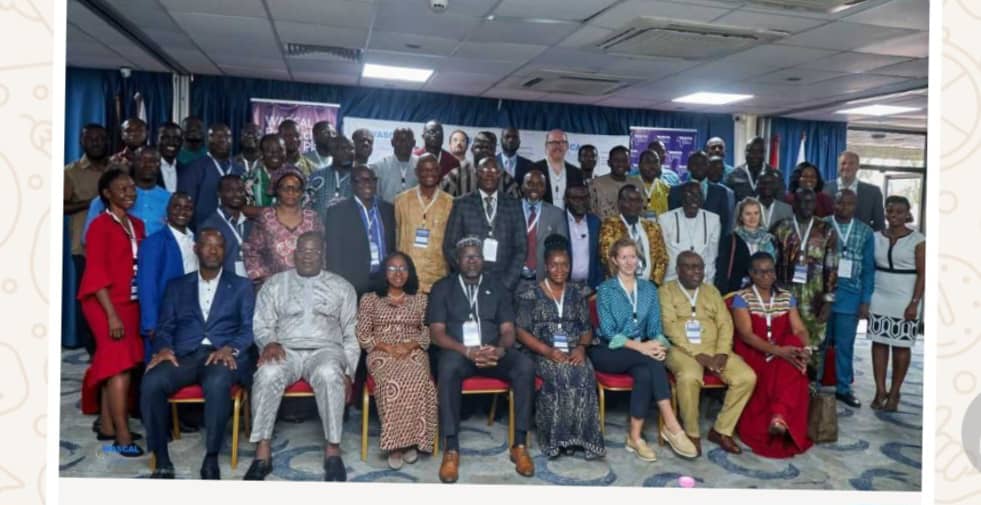
WRAP 2.0, which was launched in 2021, represented a call to action. It was a vision grounded in the voices of our people and driven by the priorities of our WASCAL member states. Through countless conversations across 14 ECOWAS countries, we listened to the cries of our lands: the farmers facing unpredictable rains, the fishermen watching the sea change before their eyes, and the communities struggling to adapt to a rapidly shifting environment. Their voices shaped the Priority Research Themes that form the bedrock of WRAP 2.0.
Today we come together to celebrate the progress we have made and to discuss the way forward. This workshop transcends a presentation of achievements. It is a space for connection, where ideas flow freely and where minds meet across disciplines. Over the next three days, we will showcase the tangible results of the six WRAP 2.0 projects that are already changing the face of climate and environmental research in our region.
But let us remember, we must now focus on how these projects can be woven into WASCAL’s larger mission, benefitting the communities who feel the weight of climate impacts most heavily. The work we have done so far is exemplary. . But now we must ensure that it grows brighter and stronger, reaching every corner of West Africa.
This workshop is also a time for us to deepen the knowledge-sharing that has always been a pillar of our success. By exchanging ideas and learning from one another, we create the kind of resilience that has allowed our communities to thrive for generations. We have the power to translate our research into actions that can guide policy and protect our socioecological landscapes from the harsh effects of climate change. You, the scientists, the policymakers, and the experts in this room, are the weavers of that future.
As we wrap up discussions over the coming days, I want to stress the importance of ensuring that the knowledge, equipment, and data we have gained through WRAP 2.0 continue to serve our region long after these projects officially conclude. This knowledge must live on, shaping policy, guiding decision-making, and empowering communities.
To our stakeholders like EPA, GMET, and others across Ghana and the region. Let us work together to turn the results of WRAP 2.0 into practical, policy-relevant solutions that address the real challenges our people face. The seeds of knowledge have been planted; now is the time for us to nurture them into action.
I also call on each of us to build on the success of WRAP 2.0, aiming even higher. We must dream bigger, envisioning larger, more ambitious projects that not only mitigate climate change but also promote sustainable development across West Africa. Together, we can create the future we want for our region, a future where resilience is built into every village, every city, and every ecosystem.
Finally, I extend a heartfelt call to our member countries. Your support has been the cornerstone of WASCAL’s work. As we continue our journey, I urge you to stay by our side. The strength of our partnerships, the commitment of our governments, and the innovative spirit of our institutions will determine the resilience of West Africa in the face of climate change.
Let us embrace the spirit of collaboration that has brought us this far. Let us reaffirm our commitment to building a more resilient, sustainable West Africa look forward to the rich discussions ahead and the new partnerships that will emerge from this gathering. Together, let us continue the story of hope, resilience, and action for our region.

